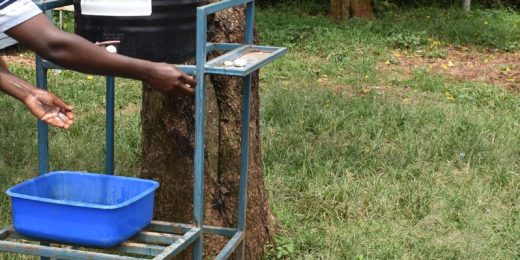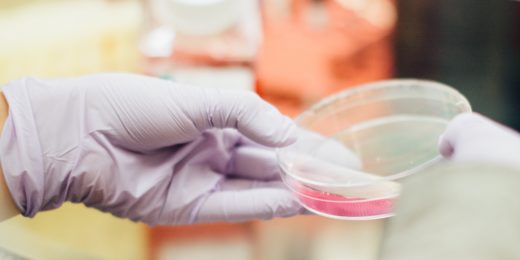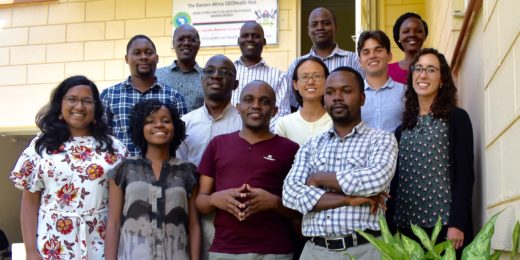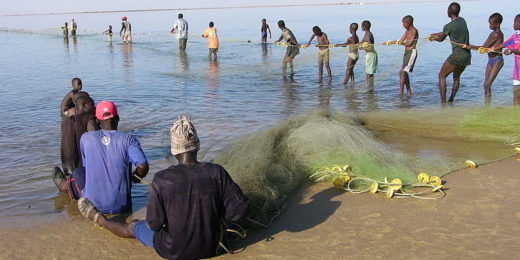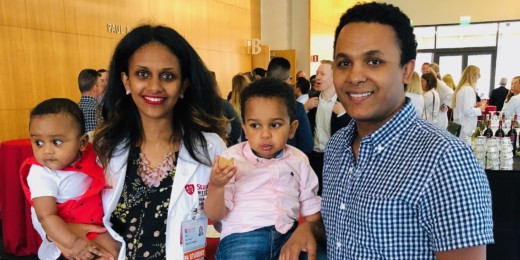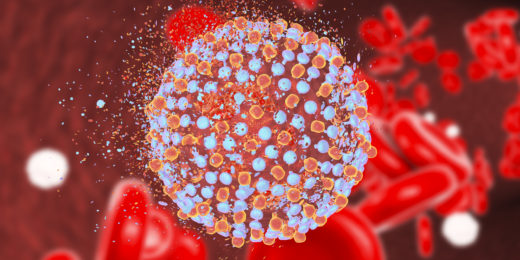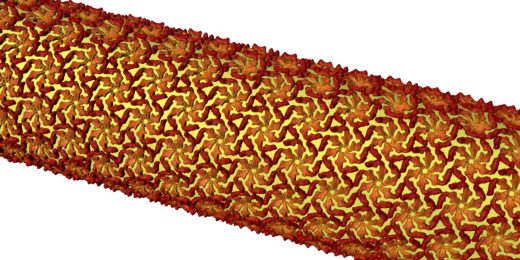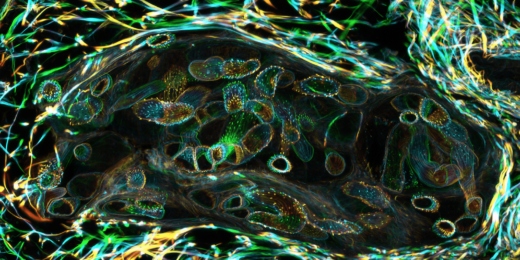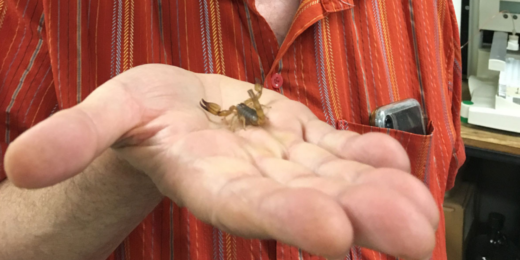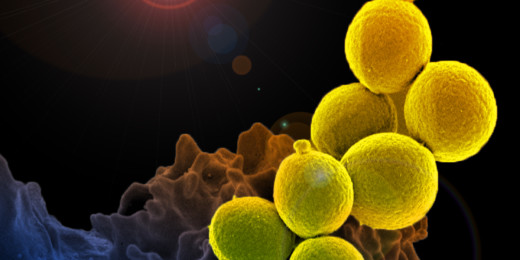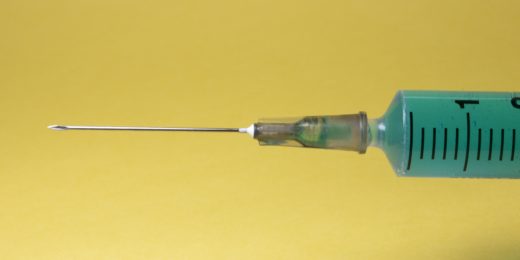A large patient population makes it difficult to maintain a clean water supply and sustain safe hand hygiene practices at the Rwamwanja Health Center III.
Category: Infectious Diseases
Genetic takeover: How the bacteria behind Legionnaires’ disease use host cells
Scientists have used CRISPR-Cas9 screens to reveal more about how the bacteria behind Legionnaire's disease infects humans.
Clean Water for Health in Uganda: Seeking answers to my childhood questions
A Stanford research team learns about water, sanitation and hygiene services of rural health centers in Uganda with an eye toward designing improvements.
Scientists close in on a cure for the common cold
Scientists found a sneaky way to stop cold viruses from replicating in mammalian cells by disabling a protein not in the virus but in the cells they infect.
Looking beyond drug treatments for parasitic disease
A Stanford study investigates the barriers to controlling parasitic disease and possible interventions beyond mass drug and education campaigns.
Our response to flu vaccine may be weakened by antibiotics-induced decimation of our gut microbes
The best time to get a flu shot is when you haven't had antibiotics recently, a new study has found, because healthy gut bacteria protect immunity.
From Eritrea to Stanford, PA student sees ‘the positive in every negative’
Rahwa Sebhatu, a Stanford physician assistant student, shares the story of leaving an authoritarian regime in Africa to follow her dream.
Hepatitis C: All adults in U.S. — under 80 — should be tested
Hepatitis C has become so widespread that experts are calling on doctors to screen all adults 18 to 79, even those with no known risk factors or symptoms.
Stanford researchers watch proteins assemble a protective shell around bacteria
Stanford researchers watch in real time bacteria building their protective outer shell. Their findings may help develop treatments for bacterial pathogens.
Researchers harness basic and bizarre science to inform human biology and disease
Hundreds of Stanford scientists are studying what makes biology tick, from obscure molecular structures in the malaria parasite to flower-shaped sea squirts.
Scorpion venom compounds discovered that kill staph and tuberculosis bacteria
Two color-changing compounds found in scorpion venom can help kill the bacteria responsible for staphylococcus and drug-resistant tuberculosis.
Near-universal screening for HIV recommended in the U.S.
The U.S. Preventive Services Task Force now recommends HIV screening for those aged 15-65 and increased use of PrEP, a pill that helps prevent infection.
Pair of pipsqueak proteins punch malaria parasite where it hurts most: its proteasome
The parasite that causes malaria is remarkably adept at developing resistance to the drugs devised to combat it. But new research suggests a solution.
Stanford’s efforts to combat antibiotic resistance move to global stage
In this Q&A, Stanford physician-scientists Stanley Deresinski and Marisa Holubar explain why responsible use of antibiotics is so important worldwide.
Vaccination stand-off: Why I got involved
Third-year medical student Neil Rens explains why he chooses to advocate for stricter vaccination requirements in California.
Lab-grown heart cells reveal secrets of “kissing bug” disease
Stanford researchers are using lab-grown heart cells to investigate how Chagas disease, which is spread by "kissing bugs," affects heart health.


